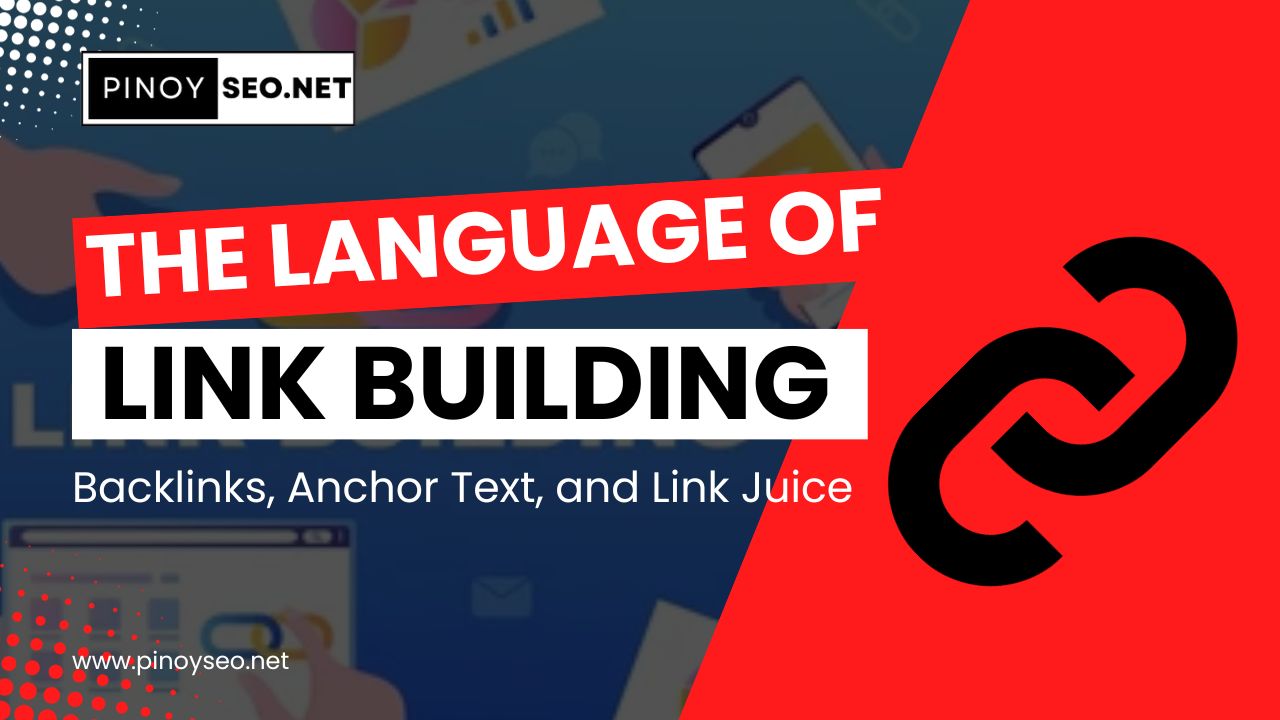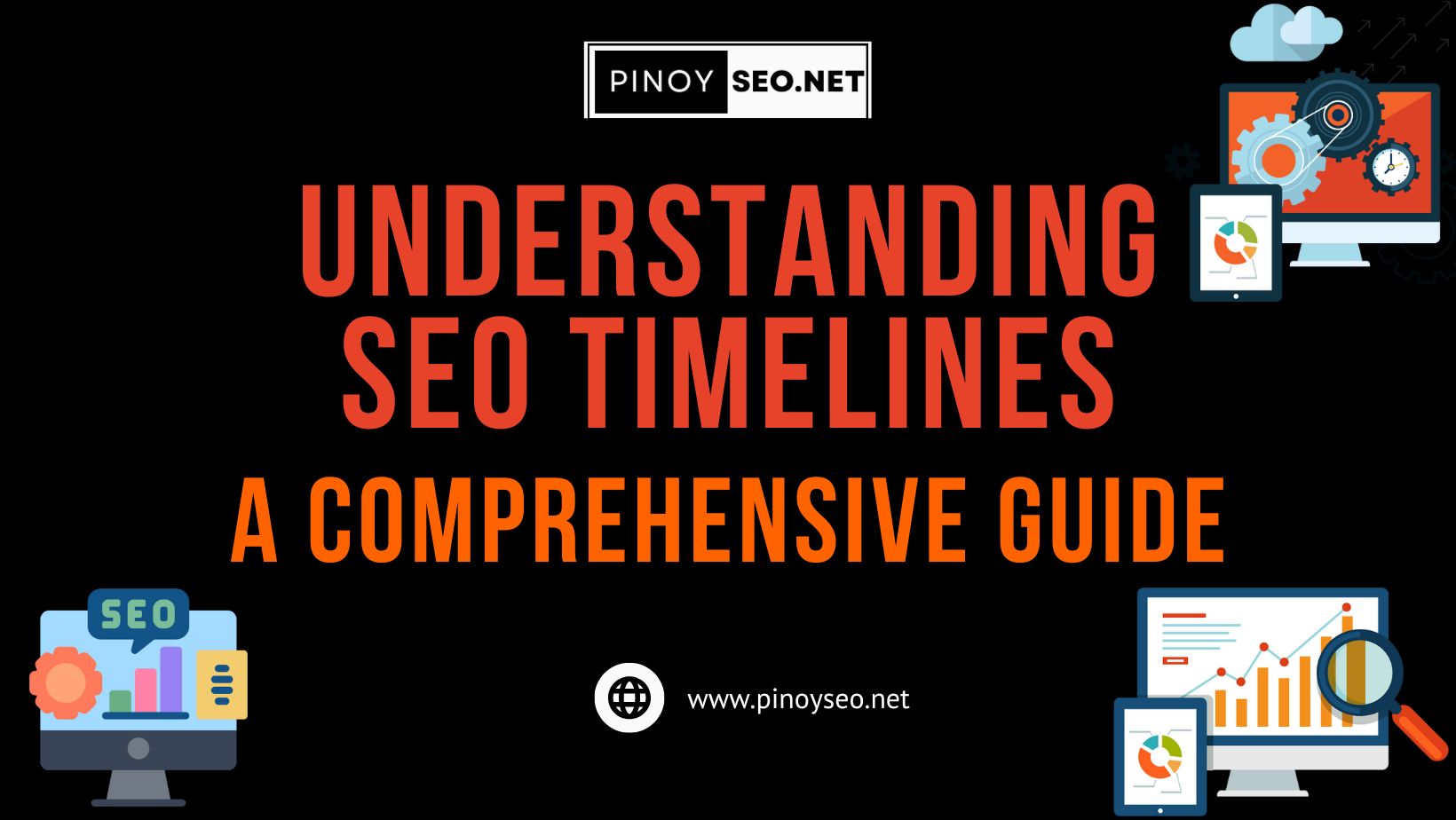In the intricate world of SEO, understanding the dynamics of link-building is paramount. This practice, integral to a website’s authority and search engine rankings, involves a nuanced lexicon of terms. In this comprehensive guide, we unravel the meanings behind essential link-building concepts: backlinks, anchor text, and link juice.
Backlinks: The Backbone of SEO
Defining Backlinks
Backlinks, also known as inbound or incoming links, are the links that lead from one website to another. They play a pivotal role in search engine algorithms, indicating to search engines the popularity, relevance, and authority of a webpage.
Quality over Quantity
While the quantity of backlinks matters to an extent, it’s the quality that truly makes a difference. High-quality backlinks come from authoritative, reputable, and relevant sources. They hold more weight in search engine evaluations.
The Power of Anchor Text
Anchor Text: Guiding Search Engines
What is Anchor Text?
Anchor text is the clickable text in a hyperlink. It provides context to both users and search engines about the linked content. It’s an influential element in determining the relevance and ranking of a page.
Types of Anchor Text
- Exact Match: This type uses the exact target keyword as the anchor text. For example, if the target keyword is “best SEO practices,” the anchor text would be exactly that.
- Partial Match: It includes variations or extensions of the target keyword. For instance, if the target keyword is “SEO strategies,” the anchor text might be “effective SEO strategies.”
- Branded: This type uses the brand name as the anchor text. For example, “OpenAI’s blog” links to the OpenAI website.
- Naked URL: It uses the full URL as the anchor text. For instance, “https://www.example.com“.
- Generic: These are non-descriptive phrases like “click here,” “read more,” or “learn more.” While they may not provide specific context, they still contribute to a natural link profile.
Optimizing Anchor Text
Balancing anchor text diversity is crucial. Over-optimization, where every link uses the exact keyword, can raise red flags for search engines. It’s best to maintain a natural and varied anchor text profile.
Link Juice: The SEO Elixir
Understanding Link Juice
Link juice refers to the value or authority passed from one page to another through hyperlinks. When a page with high authority links to another, it passes on some of its authority, benefiting the linked page’s SEO.
Factors Influencing Link Juice
- Source Authority: The higher the source page’s authority, the more valuable the link juice.
- Relevance: Links from relevant sources have more impact than those from unrelated sites.
- DoFollow vs. NoFollow: DoFollow links pass link juice, while NoFollow links do not.
- Placement: Links placed within the main content carry more weight than those in footers or sidebars.
Preserving and Distributing Link Juice
Strategic internal linking helps distribute link juice effectively across a website, emphasizing key pages. Additionally, optimizing external links for relevance and authority ensures valuable link juice inflow.
In Conclusion, mastering the language of link building is imperative for any SEO endeavor. Backlinks, anchor text, and link juice collectively contribute to a website’s authority, visibility, and credibility in the digital landscape. By comprehending these crucial concepts, you equip yourself to navigate the complex realm of SEO with finesse. Remember, it’s not just about building links but building them wisely.
Note: It’s recommended to regularly audit and maintain your backlink profile to ensure it aligns with best practices and search engine guidelines.


